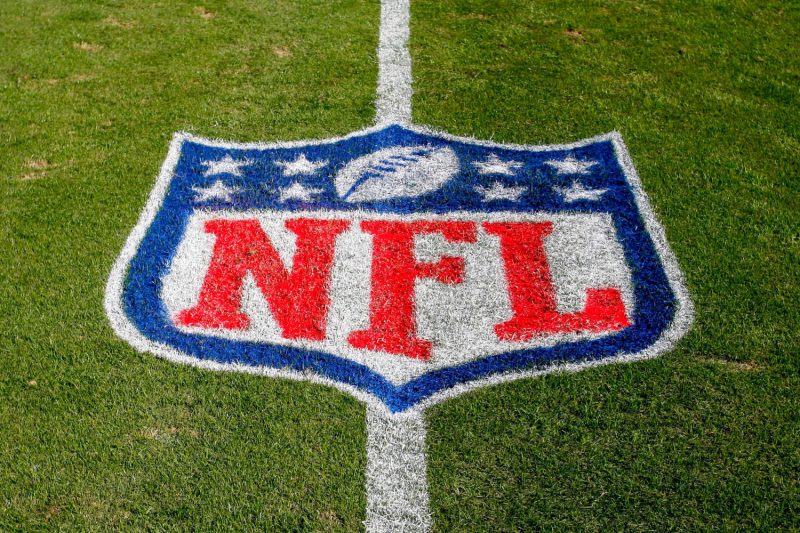In a recent legal battle that has garnered significant attention, a federal judge made a groundbreaking decision to overturn a $4.7 billion jury verdict in a Sunday Ticket lawsuit against the NFL. The ruling, which has sent shockwaves through the legal and sports industries, has far-reaching implications for both parties involved and sheds light on the complexities of antitrust laws and sports broadcasting agreements.
The lawsuit in question centered around allegations that the NFL and its broadcasting partners engaged in anticompetitive practices that restricted consumer choice and inflated prices for the league’s popular Sunday Ticket package, which allows viewers to watch out-of-market games. The jury initially found in favor of the plaintiffs, awarding them a staggering $4.7 billion in damages, signaling a significant victory for those advocating for greater transparency and competition in the sports media landscape.
However, the federal judge’s decision to overturn the jury verdict has reignited debate and uncertainty surrounding the legality of exclusive broadcasting deals in the sports industry. By delving into the intricacies of antitrust laws and examining the unique nature of sports broadcasting agreements, the judge highlighted the complexities involved in determining the balance between promoting competition and protecting the interests of sports leagues and their media partners.
One key argument put forth by the NFL and its supporters was that exclusive broadcasting agreements are essential for ensuring the financial stability and longevity of professional sports leagues. By securing lucrative deals with broadcasting partners, leagues like the NFL are able to generate substantial revenue streams that support player salaries, team operations, and other aspects of the sports ecosystem. In this context, the judge’s decision to overturn the jury verdict can be seen as a recognition of the delicate balance that exists between promoting competition and safeguarding the economic interests of sports organizations.
On the other hand, critics of exclusive broadcasting agreements argue that such arrangements can stifle innovation, limit consumer choice, and drive up prices for fans. By granting a single entity exclusive rights to broadcast games, sports leagues may inadvertently inhibit the development of alternative platforms and services that could offer more affordable and diverse viewing options for consumers. The decision to overturn the jury verdict serves as a reminder of the challenges involved in regulating the sports media landscape and ensuring a fair playing field for all stakeholders involved.
Moving forward, the legal ramifications of the federal judge’s decision are likely to reverberate throughout the sports industry, prompting a reevaluation of existing broadcasting agreements and antitrust regulations. As sports leagues and media partners navigate this new legal landscape, the need for a balanced approach that considers both the competitive implications and financial realities of the industry will be paramount in shaping the future of sports broadcasting.
In conclusion, the federal judge’s decision to overturn the $4.7 billion jury verdict in the Sunday Ticket lawsuit against the NFL has sparked a heated debate surrounding the legality and impact of exclusive broadcasting agreements in the sports industry. By highlighting the complexities of antitrust laws and the unique nature of sports media contracts, the ruling underscores the challenges involved in balancing competition, consumer choice, and the economic interests of sports organizations. As the legal saga continues to unfold, stakeholders across the sports and media sectors will be closely watching how this precedent-setting decision shapes the future of sports broadcasting and antitrust regulations.

